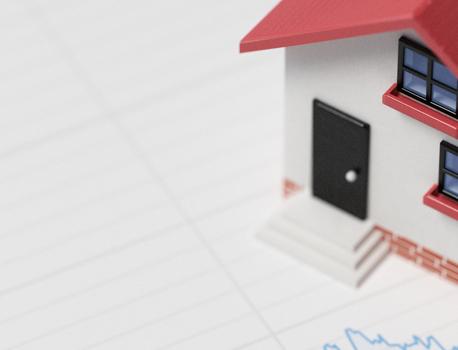The concept behind mortgage insurance is not quite the same as with other insurance plans. You pay a monthly premium to the insurer who protects the mortgage lender in the event you default. There are two types of mortgage insurance: government and private.
What is private mortgage insurance? (PMI)
PMI is insurance for the mortgage lender’s benefit, not yours. It’s a concession often required when your down payment on the purchase of a home is less than 20%. Because the lender is assuming additional risk by accepting a lower amount of upfront money towards the purchase, they will often call for the borrower to purchase private mortgage insurance.
Private mortgage insurance will pay the lender a portion of the balance of the principal due if you stop making payments on your loan. PMI will typically pay the difference between a conventional 20% down payment and what a borrower actually paid upfront.
For example, if you put down 5% to purchase a home, private mortgage insurance might cover the additional 15%. A loan default triggers the policy payout as well as foreclosure proceedings; so that the lender can repossess the home and sell it in an attempt to regain the balance of what is owed.
The cost of private mortgage insurance is based on the size and type of mortgage loan you are applying for, your down payment and credit score. The average annual cost can range from 0.55% to 2.25%, according to insurance firm Genworth and the Urban Institute, an economic think tank.





